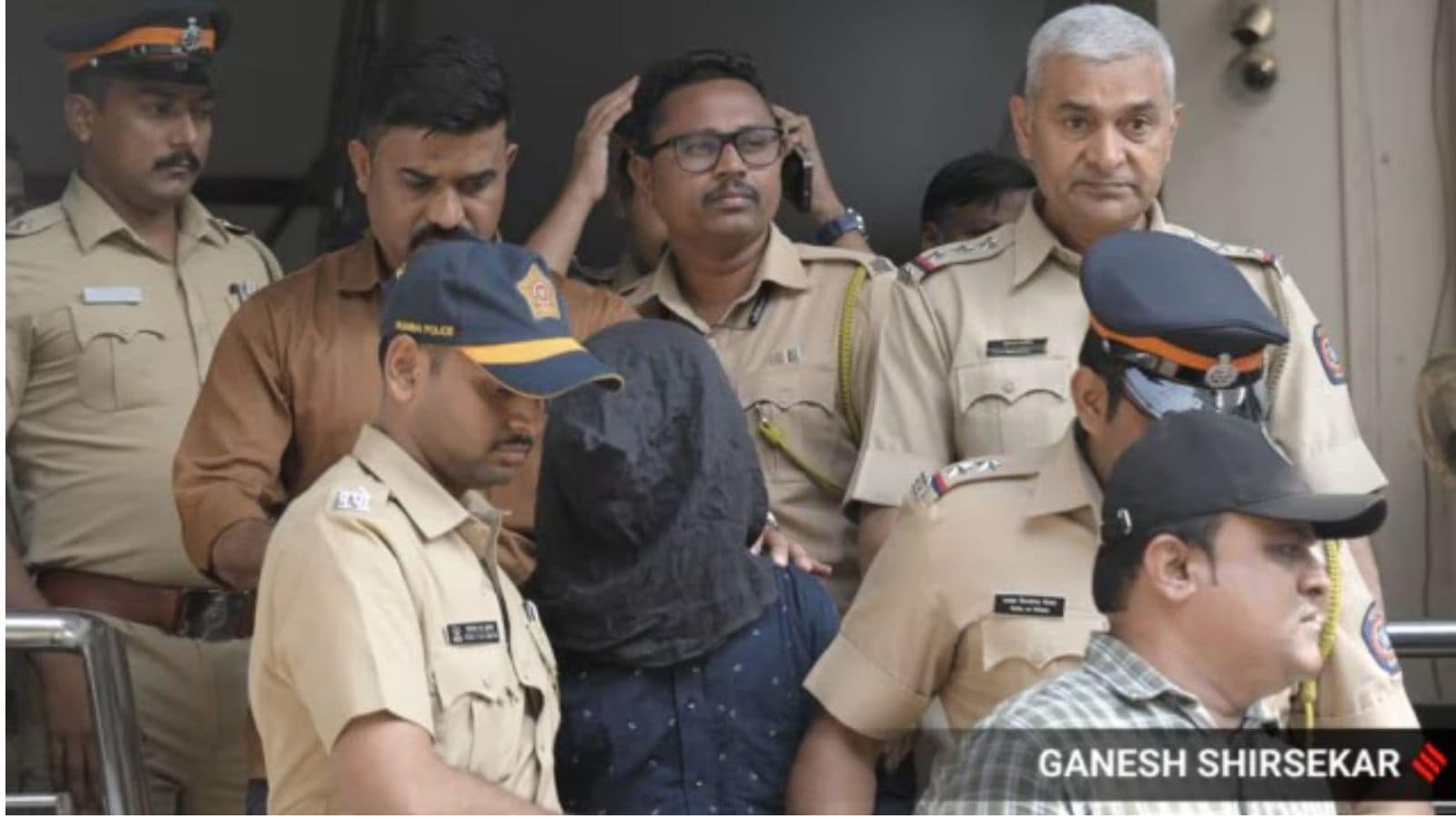 |
|
The recent attack on Bollywood actor Saif Ali Khan has sent shockwaves through the industry and the public alike. The arrest of Shariful Islam Sajjad Mohammed Rohilla Amin Fakeer, using the alias Vijay Das, has further fueled public interest and raised questions about the seemingly ordinary life the accused led before the incident. A close friend and former colleague, Rohmat Khan, painted a picture of a seemingly unremarkable individual, highlighting the stark contrast between the accused’s everyday demeanor and the heinous crime he allegedly committed. Rohmat Khan's testimony underscores the unpredictable nature of violence and the difficulty in identifying potential perpetrators based solely on outward appearances and past behavior.
Das's employment at the Thane branch of Hotel Blabber All Day further sheds light on his recent past. His work in the housekeeping section, described as satisfactory by the general manager, Nelson Saldhana, paints a picture of a seemingly unassuming employee. The fact that Das obtained employment through a third-party contractor and used a false name only adds to the complexity of the situation, highlighting potential vulnerabilities in employment verification processes. The hotel's cooperation with authorities by providing Das's identification documents underscores the importance of collaboration between private entities and law enforcement in high-profile cases such as this. The termination of the contract with the manpower agency responsible for hiring Das suggests potential lapses in background checks or due diligence.
The police investigation highlights the accused's efforts to evade capture. Das's alleged flight for 70 hours, involving frequent changes of location and clothing, reveals a calculated attempt to avoid apprehension. The tracing of his movements to Dadar and Worli before his final apprehension in the Ghodbunder area of Thane underscores the extensive investigative work undertaken by the authorities. The demand of Rs 1 crore further suggests the premeditation and potential financial motivation behind the attack. This raises questions about the accused's past, his financial circumstances, and potential involvement with other individuals in planning the attack. The length of the investigation and the resources dedicated to apprehending Das highlight the seriousness with which authorities are treating this case.
The case raises broader questions about security protocols and access control at high-profile residences. While the specifics of security arrangements at Saif Ali Khan's residence are not detailed in the article, the incident prompts reflection on the vulnerability of celebrities and high-profile individuals despite security measures. The incident serves as a stark reminder that violence can occur unexpectedly and that even individuals with seemingly unremarkable backgrounds can perpetrate violent acts. The investigation and subsequent trial will likely delve deeper into the accused's motives, past, and any potential accomplices. The outcome of this case will have significant implications for security protocols, public safety, and the broader discussion surrounding violence and crime in India.
Furthermore, the discrepancy between the accused's alleged behavior and his actions underscores the limitations of relying solely on surface-level observations to assess an individual's character. It highlights the importance of thorough background checks and the potential for individuals to conceal their true intentions and pasts. This case serves as a cautionary tale about the unpredictable nature of human behavior and the need for robust security measures, particularly for high-profile individuals. The extensive police investigation, culminating in the accused's arrest, demonstrates the capacity of law enforcement to track down and apprehend criminals, even those attempting to evade capture through deception and flight.
Source: Never imagined he could do such a heinous crime, says friend of Saif Ali Khan’s stabber
